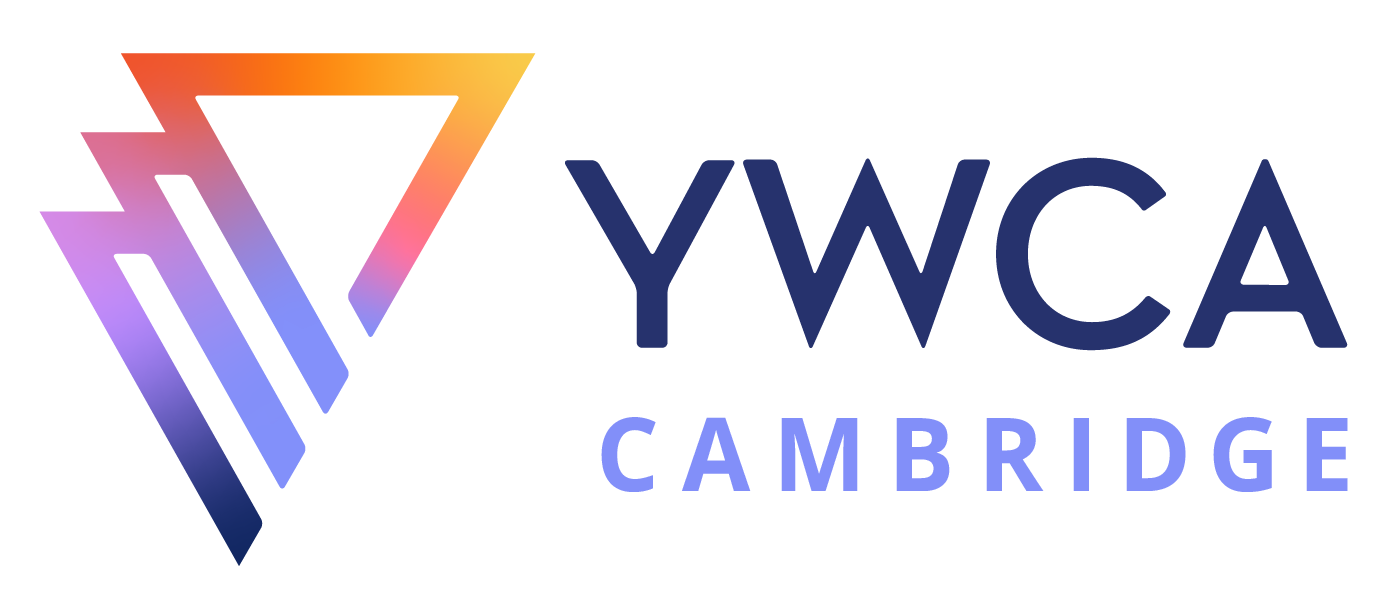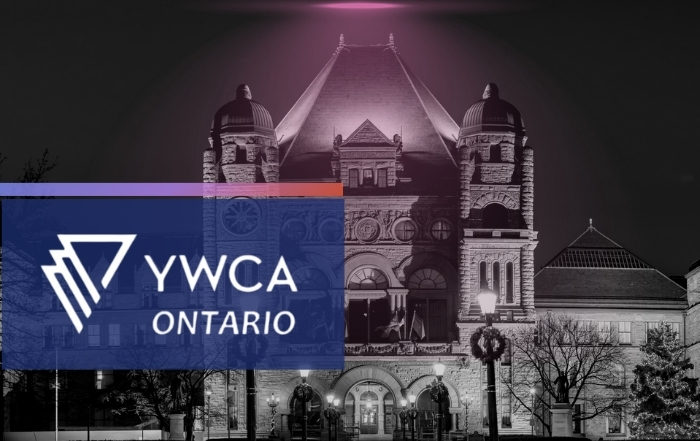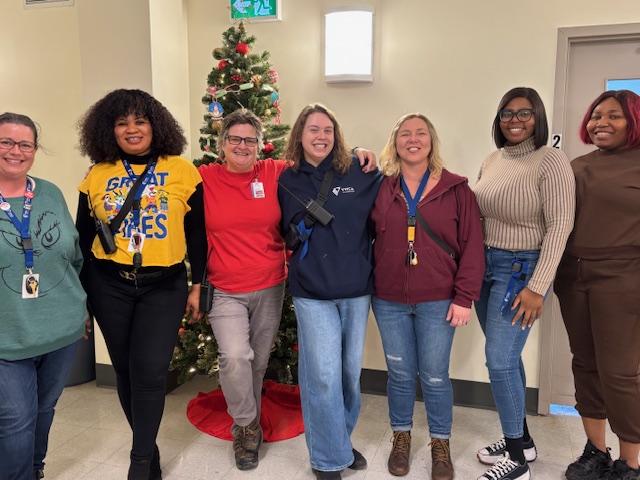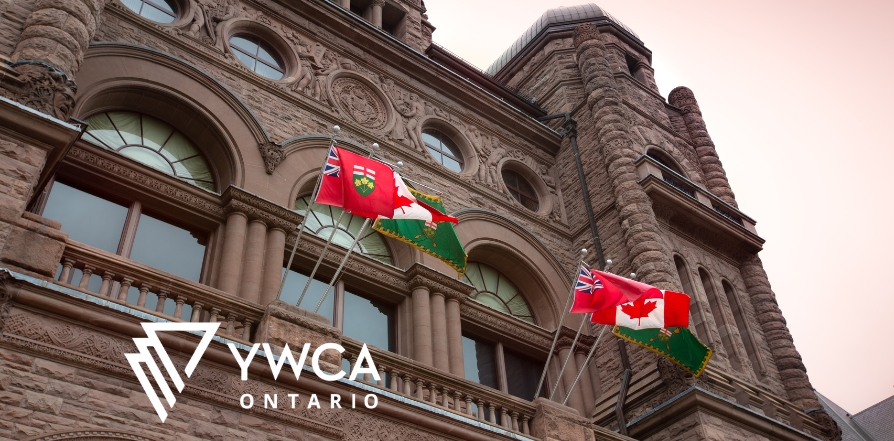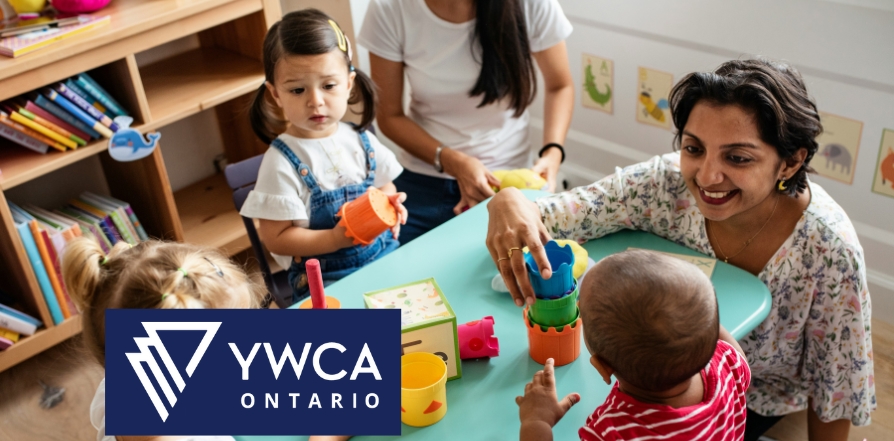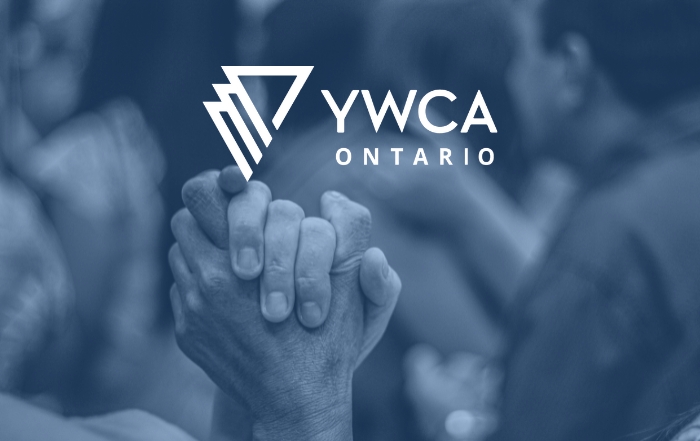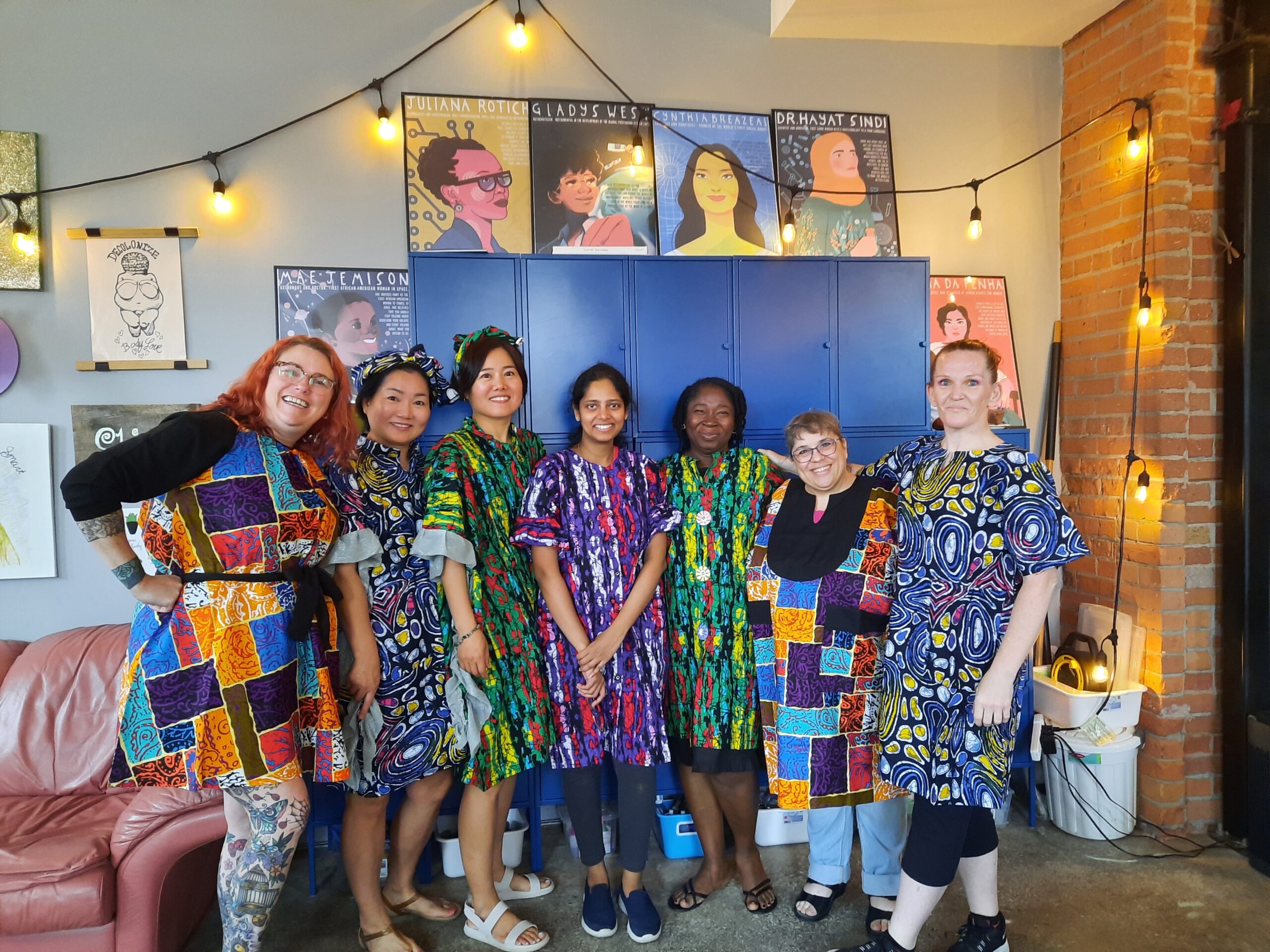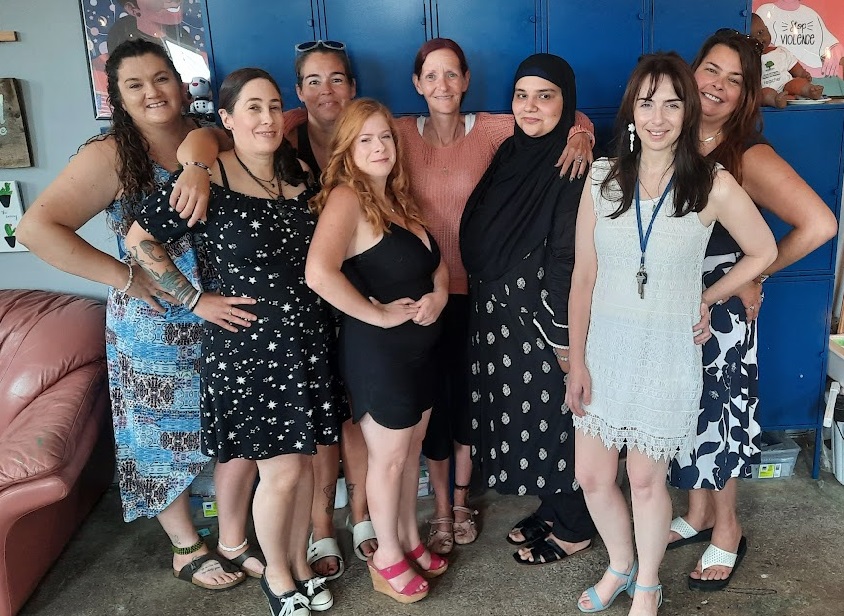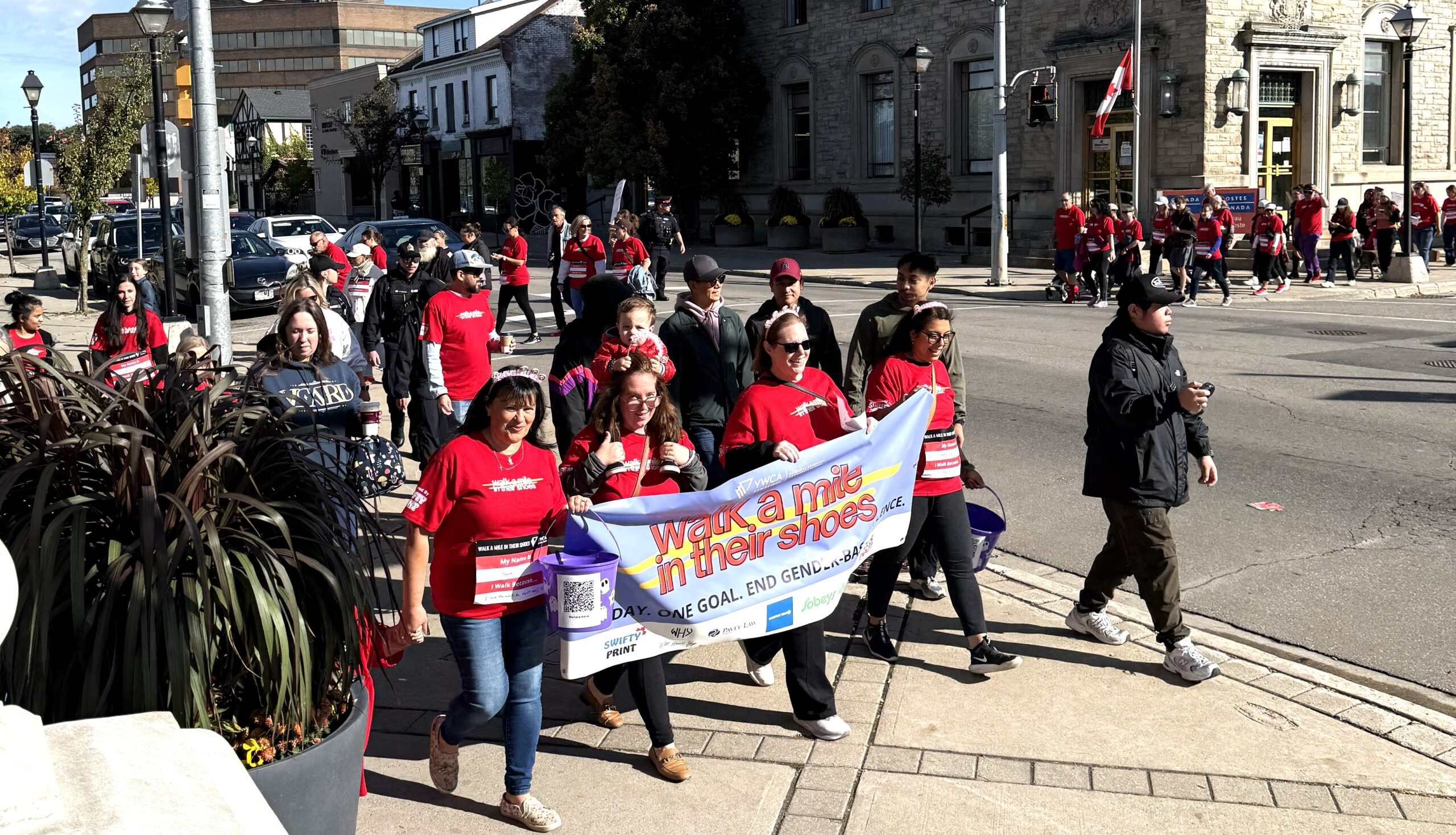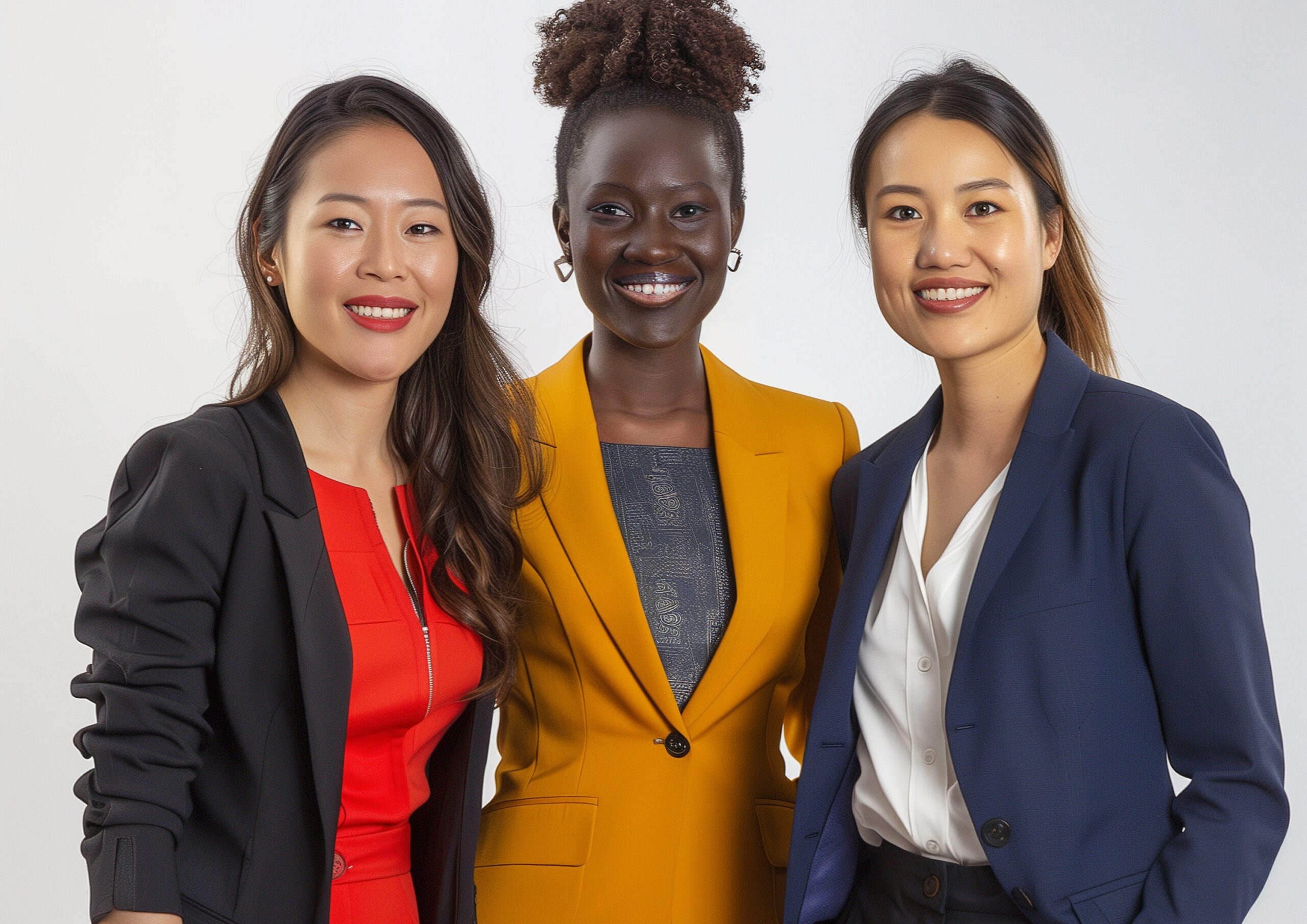Isabel is one of our very own from the YWCA movement. She is dedicated to serving causes that work to end inequity and create opportunities for all. She believes that the most effective and crucial way to achieve this end is by joining forces for diversity and particularly for women’s advancement through education, advocacy and transformative policy. She’s a multilingual development strategist with over 15 years’ experience in the social impact sector and particularly in data-driven fundraising and supporter engagement. An economics graduate specializing in International Development and Management of Civil Society organizations, Isabel has worked for international organizations in the UK, Europe, Latin America and the Caribbean. Currently, Isabel is the Director of Philanthropy and Strategic Impact for YWCA Canada and also pursuing a postgraduate certificate in Corporate Social Responsibility and Sustainability at St. Michael’s College, University of Toronto.
We are beyond excited to have her wisdom at the table on October 22. Read our interview with her below.
If you had to explain what you do to a five-year-old, what would you say? My five-year-old says that I am something ‘like a teacher.’ She has seen me organizing events, speaking with people in my community and sharing ideas and calling them to act. Somehow the role of those of us working in Philanthropy at the core is to become educators. We find information and turn them into stories, that paint a picture of the issues we face at our organizations.
Then we share those stories, so people who have not had a chance to come across that information
would discover it, and understand it from new and diverse perspectives.
Hopefully, after those interactions and by sharing ideas and reflections, the philanthropist moves towards action.
Being this action financial investment, move their influence to see change on that issue that has inspired to act and most importantly, to commit to continuous improvement personally and together with the organizations working on those issues.
This work can frequently be discouraging. How do you stay hopeful?
I have always looked at the stories of change that the work makes possible. Centring my attention in that one individual that my actions today could make a difference tomorrow. I anchor my thoughts on the stories that fill me with hope. A few years ago, I met a Doctor working in Canada as a Researcher who had been the recipient of one of the scholarships I was raising support for. Not only this person became a Ph.D., but he also continues his research work on a condition that is endemic in his local community in his country of origin. I think about the people across communities facing challenges to make it to work and to stay at work, including bias and discrimination but still greeting every single day with optimism. I get inspiration from the strength of the youth within the YWCA Movement, bravely calling us all out and asking for coherence in our acts.
Tell us about what/who inspired you to do the work you do
The who – I believe that been analytical and critical of the status quo was something I got from my mother. She went about quietly doing that, through example, always asking more questions, studying and connecting with her
patients and using her knowledge to serve them. She is a family doctor who has served most of her life in rural and underserved communities in Ecuador and for the past 20 years in Spain, also in rural communities.
The what – Environmental Economics. In my undergraduate in Economics, I studied a lot of the ‘classics,’ which did not make much sense to me, when contrasting theory with my surroundings in Ecuador.
I recall leaving my classroom, walking outside the walls of my university and seeing the real economy, an economy that was precarious for the majority, societies divided into the ‘haves’ and the ‘have nots’ and economies built on the premise of infinite resource extraction.
So when I studied Environmental science, ecology and its connections to people and the economy, I knew I had to opt-out of the traditional economics path. I explored other spaces, starting with Development Studies, International Cooperation and a Philanthropy that strives for equity and the caring of our common home.
Can you recommend a book that changed the way you think? How?
One Hundred Years of Solitude, Garcia Marquez, because it showed me complexity in relationships and the use of
language as art when I was 15 years old. In the ’90s, I read ‘culture of poverty’ which, for the first time, gave me many arguments to break the myths around the negative connotations that many people attach to those living with
poverty. It filled me with hope and intensified my conviction of our need to work on improving the systems that create the conditions of poverty. The author Jorge Cela was later on my boss and a mentor.
Last year I read Brother by David Chariandy, and it moved me profoundly making me more curious about my life and my community now in Toronto.
This Summer, I read a book by Adeyemi Egbeleke on corporate social responsibility and sustainability (CSR-S). This book provided me with a thorough understanding of how CSR has evolved and is in urgent need of systematic review by academics and for those practicing to step back and remove the noise to achieve what our planet needs, healing!
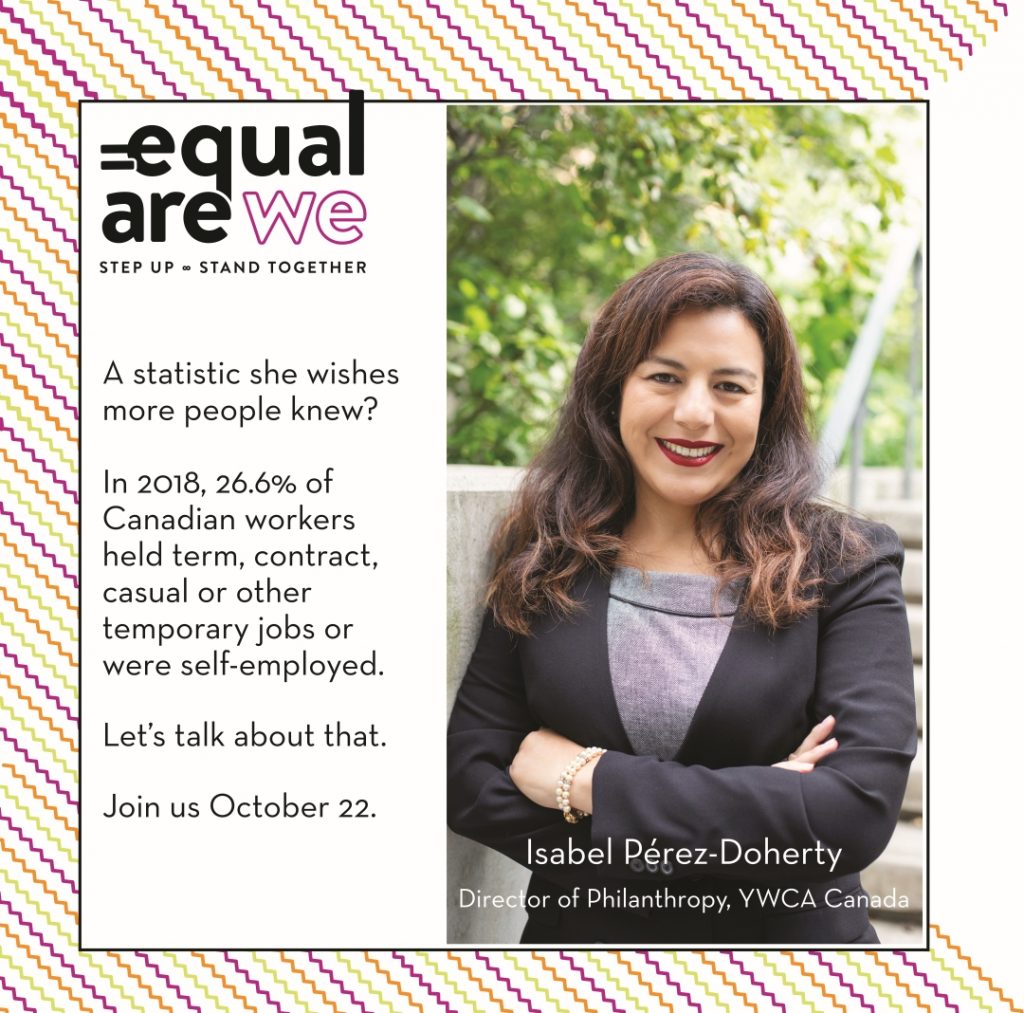
In your opinion, what organization or individual should we follow on social media?
I follow many women of colour with strong voices and ideas. On Instagram, I recently started following Bozoma Saint John fierce advocate for African culture, and amazing CMO at companies like Apple, UBER and now at Endeavour. On twitter, Anand Giridharadas is a disruptor and critic of the Philanthropy space and is placing tough questions for all of us. Many of those questions have been at the centre of my conversations with friends and colleagues for many years. Cindy Blackstock, her work to ensure every child in Canada gets the same quality of education and services, is fantastic! I have learnt so much from @AndersenAngus about Inuk traditions from his account. I am forever grateful for his teachings in this space.
Favourite quote or motivational saying?
You don’t’ know what you don’t know, but once you do, you do better. (not sure who
said it first though)
When facing challenging situations always say ‘Happy Days!’ it helps me trigger thoughts of what it is to come!
What’s one issue/recent news story you think we should know about?
I recently read the story of Olimpia Coral Melo a young woman from the town of Huauchinango, in Puebla Mexico that at age 18 became the target of a non-consensual video distribution from her ex-boyfriend and as a consequence is a survivor of cyberbullying. She went from extreme depression caused by the bullying not only online but in her community to gain incredible strength for action, she wrote the first draft for a law that brought together hundreds of other survivors of this crime. Her activism led to the creation, approval and implementation of a law penalizing sexual intimacy crimes. First, her state and so far in 11 of the 31 Mexican states have passed the now called ‘Ley Olimpia.’ This news highlighted how the vital work of young activists, in every single corner of the world, has ripple effects.
YWCA Canada for the past five years has utilized the power of our partnerships, connections with youth and other key actors to continue advocating for policy, processes and the design of technology that sees would discourage this type of abuse. Creating safer spaces for girls and young women and all of us interacting in a digital world.
What’s next in your work?
Moving on with YWCA Canada’s goals for greater access to equality in the labour market for women, by connecting with companies, philanthropists and movers and shakers who want to in practical ways make the labour market accessible and equal for all across Canada. Our CEO Maya Roy and I have started to approach business leader’s
academics for our stakeholder engagement initiative in 2020, and we want to hear from more businesses, and philanthropists interested in taking part in this effort.
YWCA Canada celebrates its 150th anniversary in 2020, and we are concentrating our efforts to build blocks of data on the impact of the work our member Associations have in their communities.
YWCA Canada, – in my colleagues’ words – is the best-kept secret in Canada, so telling stories of change and impact of the work that YWCA staff across the country makes possible is top in my priorities.
Sharing those stories to connect with more Canadians, as we build a community of learning where our experience in the gender equality spaces can move many more to act for change.
I dream of building/joining an active community of diverse philanthropy professionals seeking to tap on to systemic issues to build greater engagement and transformation in the profession.
An inspiring person is working in your field today. Who are they, why is their work important?
I am excited about the work coming out of the Gender and the Equality department at the Rotman School of Business lead by Dr. Sarah Kaplan, not directly linked to Philanthropy but building knowledge on evidence-based business solutions to achieve equality. I get inspiration from the teachings of Prof. Ken Wyman and his legacy of a Philanthropy that seeks social justice.
What question do you wish people would ask you, and what’s your answer to that question?
How do you overcome the fear of the unknown or fear of the ‘different’?
Lately, I find that many of us are facing finally the need to acknowledge the consequences of so many historical wrongdoings and issues that affect Indigenous, Black, Disabled, 2SILGBTQ, Newcomers and other diverse communities in Canada. Specifically, many who are concerned about not being politically correct and more importantly do not want to hurt others who appear to have different lived experiences.
I advocate for ‘respectful curiosity’ which is a call shake off fear by building knowledge of that you
know little or cause you to be anxious or fearful.
Respectful because your search to moving you from fear to positive, constructive action should be
guided by maintaining the dignity of others and your own.
Curiosity, because the more knowledge you have about what you fear, the more you will move to a different state hopefully positive action. We all need to actively read, listen to stories (not ask for stories) and ask questions with an open mind to listen to diverse arguments on the issue. Mainly be open to believing the experiences of others and with compassion and without judgement witness. Try to centre the experience of the other and their feelings, as you discover the complex layers of what is unknown to your experience.
Want to hear more from Isabel? Join us October 22 for Equal Are We, a conference jointly hosted by YWCA Cambridge, the City of Cambridge and Conestoga College. More info here.
